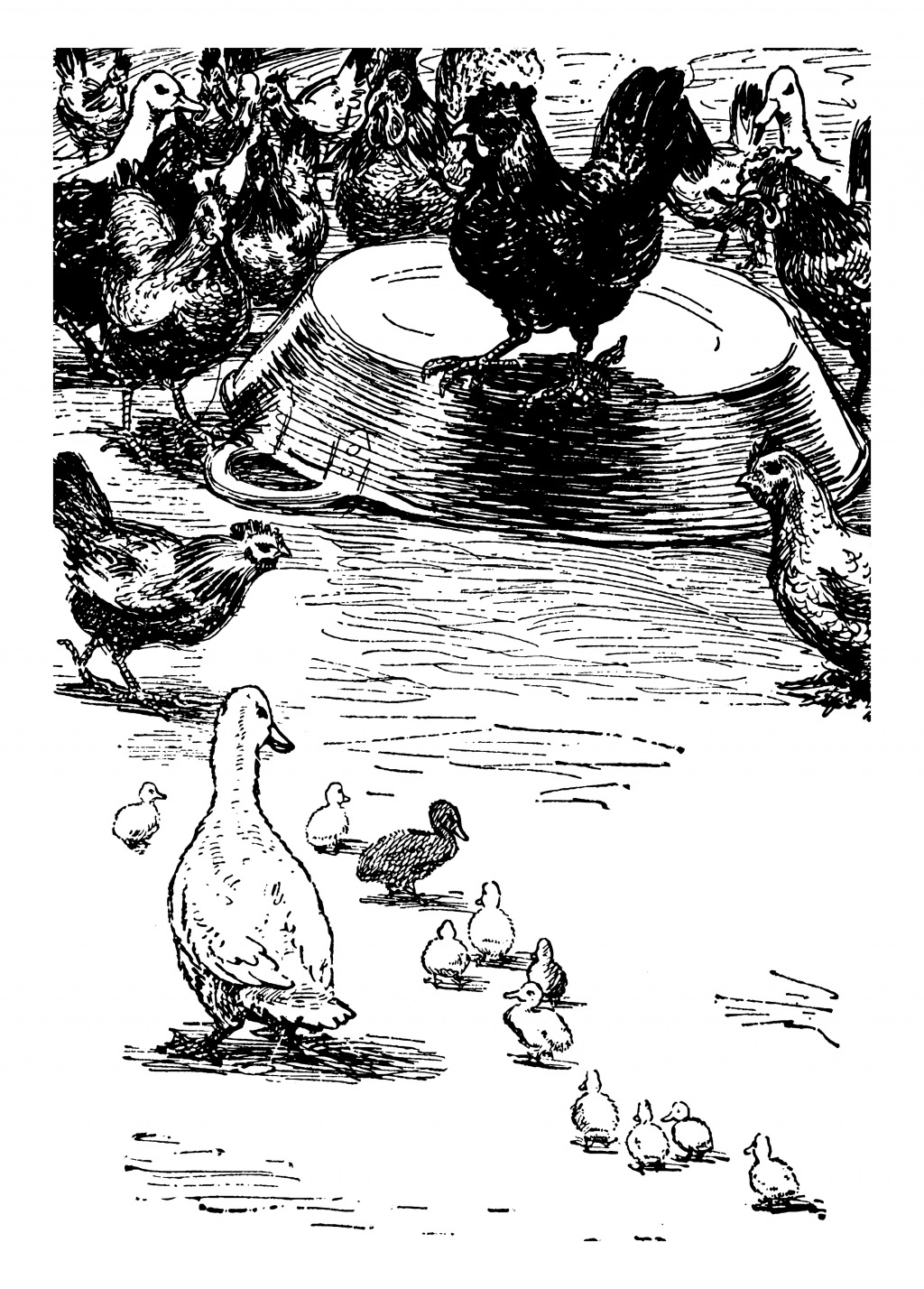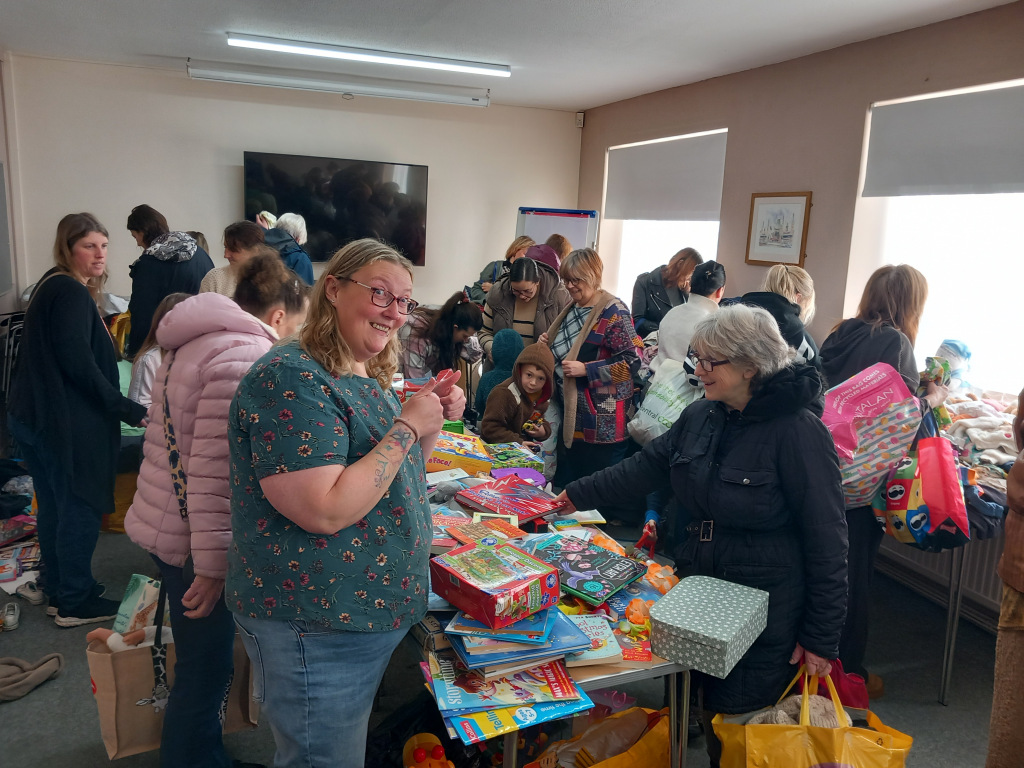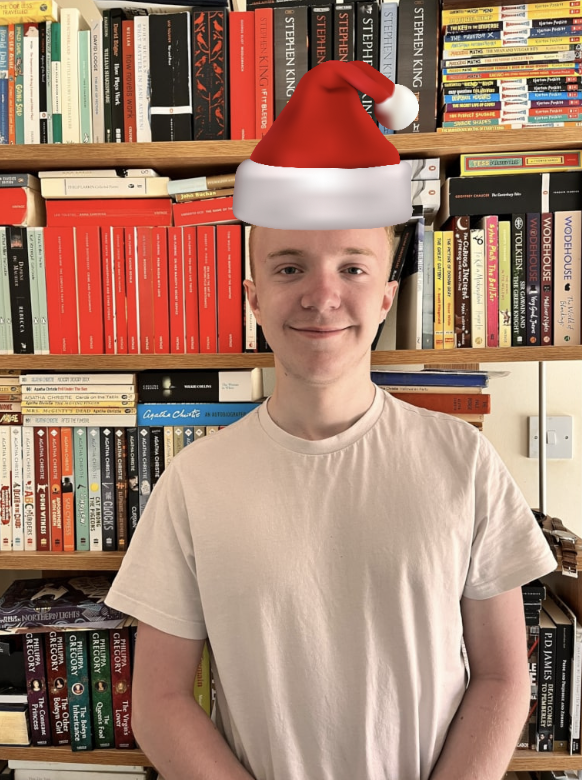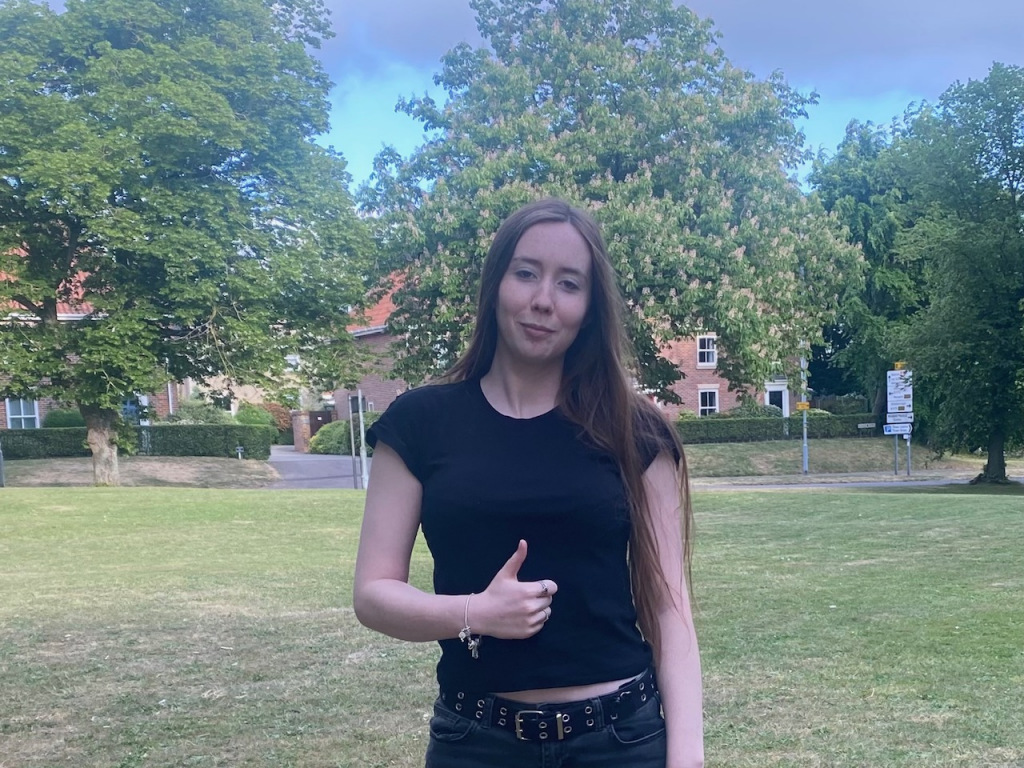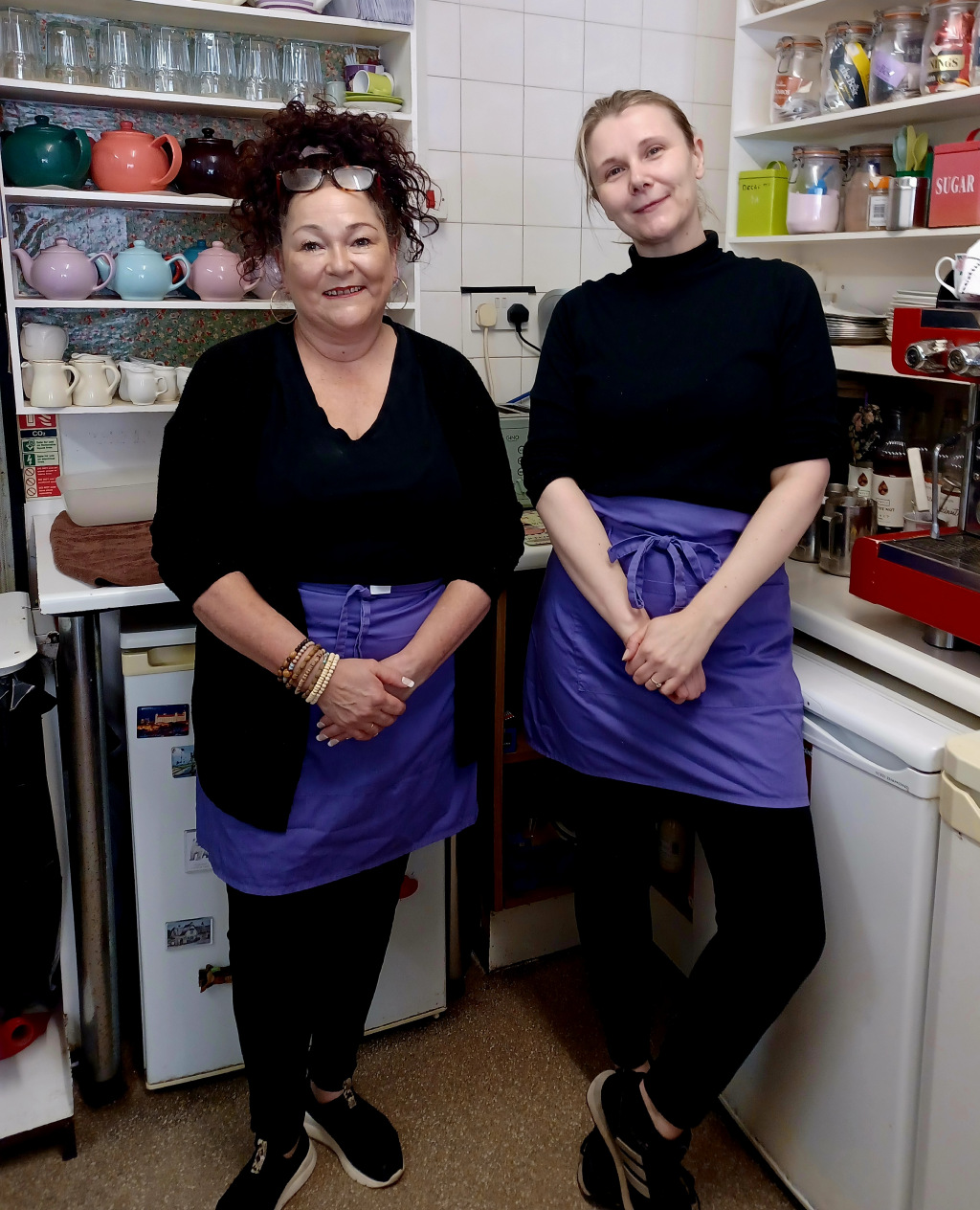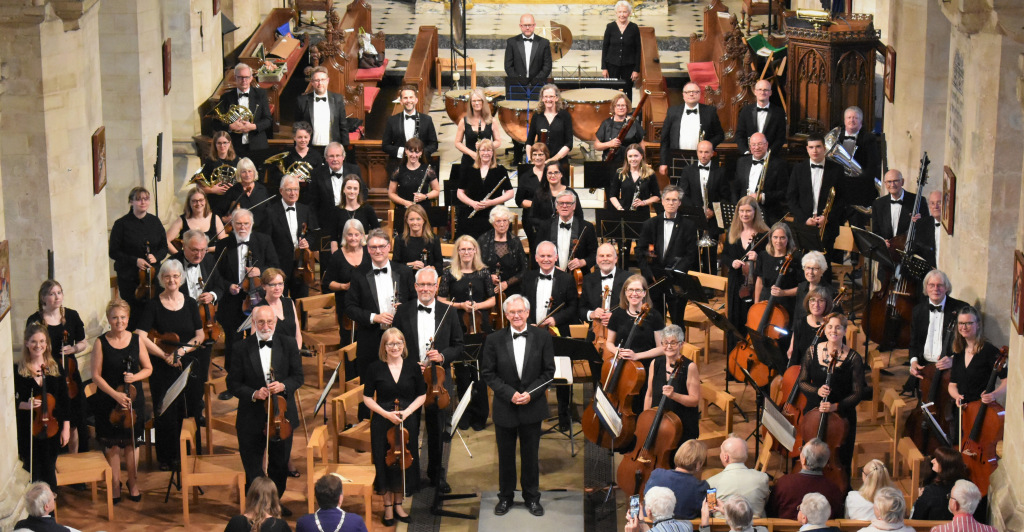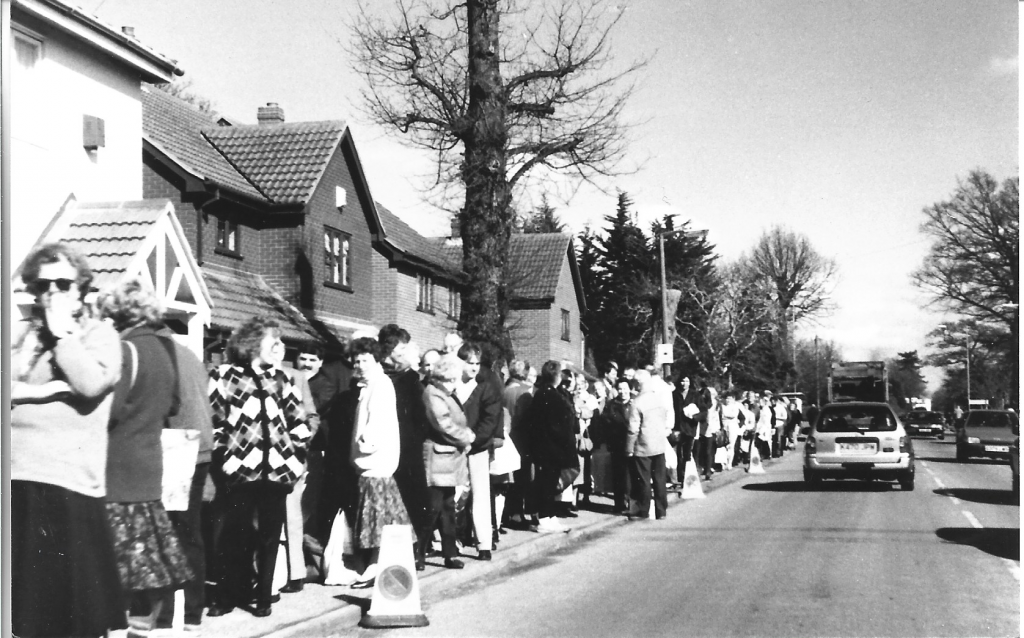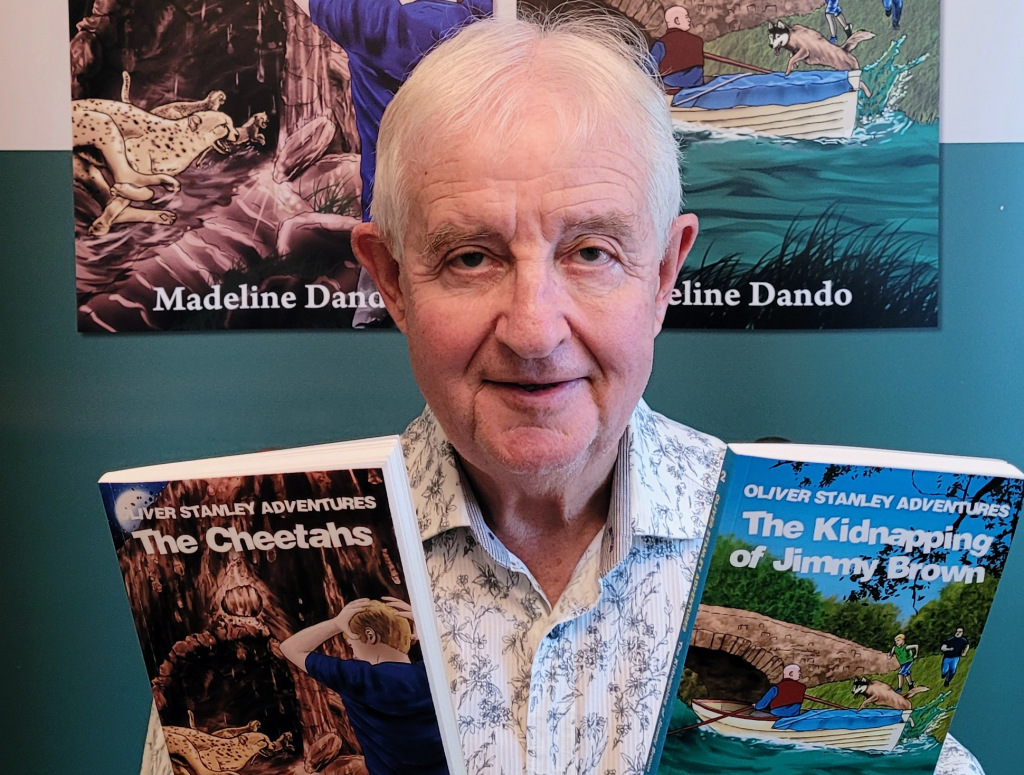As a child, your parents and family members’ opinions have great significance. For some people, if a parent declares a view, then that view is to be swiftly rejected. However, for many years, my family’s views held strong sway over my beliefs. As a school student, whenever a classmate was being a twit without me realising it, it took one cutting, straight-to-the-point observation from my sister to make the scales fall from my eyes.
Having an outside, third-person perspective as a guiding force – family or otherwise – is especially crucial in secondary school, and I thank my lucky stars that I had one. Secondary school challenges abound, and this is a rite of passage. Every person’s challenge is different, of course, but possibly none is quite so unpleasant as the antagonistic retaliation from your peers during any conflict. As a former school pupil, I feel enormous empathy for the Wymondhammers going through GCSEs and A-Levels, and I write this in dedication to them. You are all brilliant for continuing to survive secondary school. You will definitely get through it. I remember well that I was not only juggling academic pressures, but also monumental social ones. The psychological effects of intense teenage circles can be all too easily overlooked.
Take, for instance, one lesson I attended in Year 12. Our teacher put a blog article on the screen for our examination, and I raised my hand to express what I believed was a bland, common-sense opinion. The rest of the class cut me off mid-sentence, erupting in a chorus of “tread carefully”, followed by a series of rowdy protests to my words. I was astonished by the absurdity of why they had cut me off so abruptly. Then, I realised why they did it. It did not matter what I believed. I should not have said it because it did not align with the classroom’s tribal affiliation. To quote Chimamanda Ngozi Adichie, “I had desecrated the prevailing orthodoxy(…) like being accused of blasphemy in a religion that is not yours.”
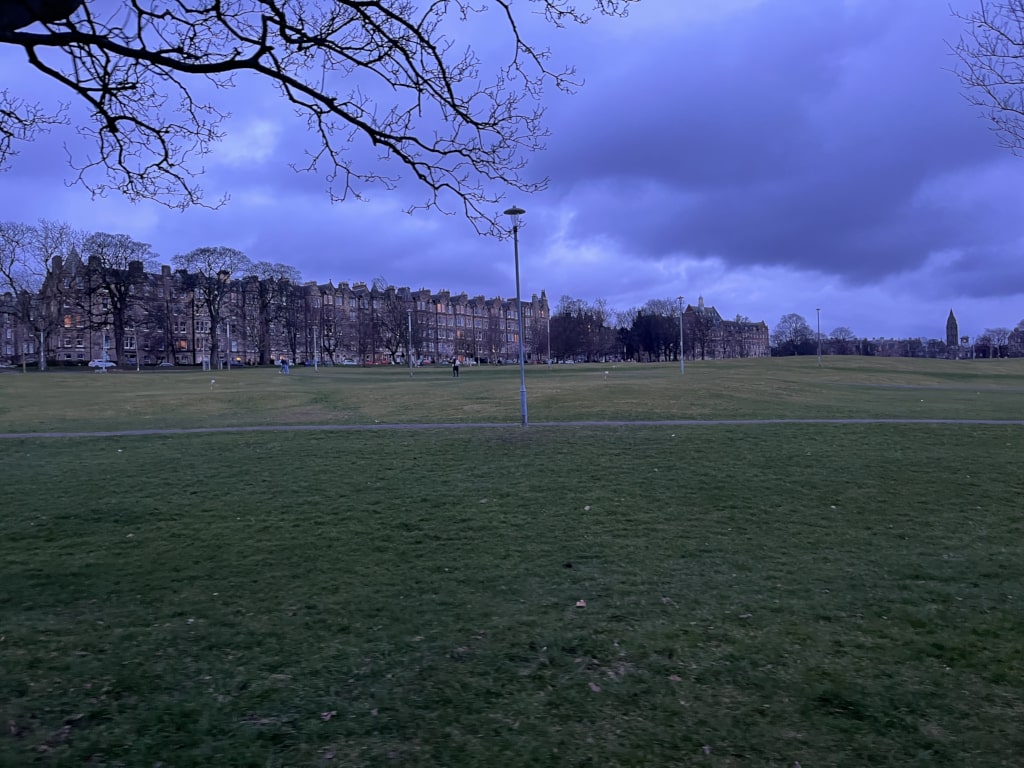
I remember another Sixth Form lesson in which we had to discuss our idols. A few classmates had offered theirs, and we respectfully listened. Seconds before I was about to name one of mine, suddenly, this very idol was brought up critically by the teacher. The class then ranted about their dislike of this individual and how audacious it would be to defend them. I sat and remained uncomfortably silent. The spectre of potentially losing good relations with your teachers and peers holds you back from saying, “contrastingly, here’s why I like this person!” You just sit, listen, and stay quiet.
Those two words from the first example – “tread carefully” – are correct in one sense, as they are aptly reminiscent of some school environments. Teenage social circles have fierce, unspoken rules on what one can and cannot say. Some poor people would often ask others, “are you okay? You don’t have to tell me anything – of course – but are you? Of course, no need to even respond, but…”, purely out of fear of asking something that “wasn’t their business”. (And, indeed, “I can’t tell you” was an all-too-common answer.)
Social discretion and confidentiality can be very valuable, but when applied too much, they are gifts for environments that breed malign, antagonistic social instincts. Every school pupil will recognise this situation: getting accused by a friend of having hurt their feelings, attempting to enquire further, and then being met with, “no, I can’t tell you how you did it – you just did – I have my reasons”. It’s a manipulative line and deeply unpleasant to hear. It sows the seed of guilt while providing no substance.

Wymondham High Academy is a phenomenal school. I have never regretted going there. It is full of fantastic staff members, many of whom provided unwavering well-being support when I had difficulties. Indeed, teachers are often aware of the above social pressures and deeply sympathise! For some pupils, maybe one trusted teacher acts as the aforementioned guiding force instead of family members, someone whose outside judgement can be implicitly trusted.
To any pupil without that support, you are not alone. You will get through it – you will be okay!





